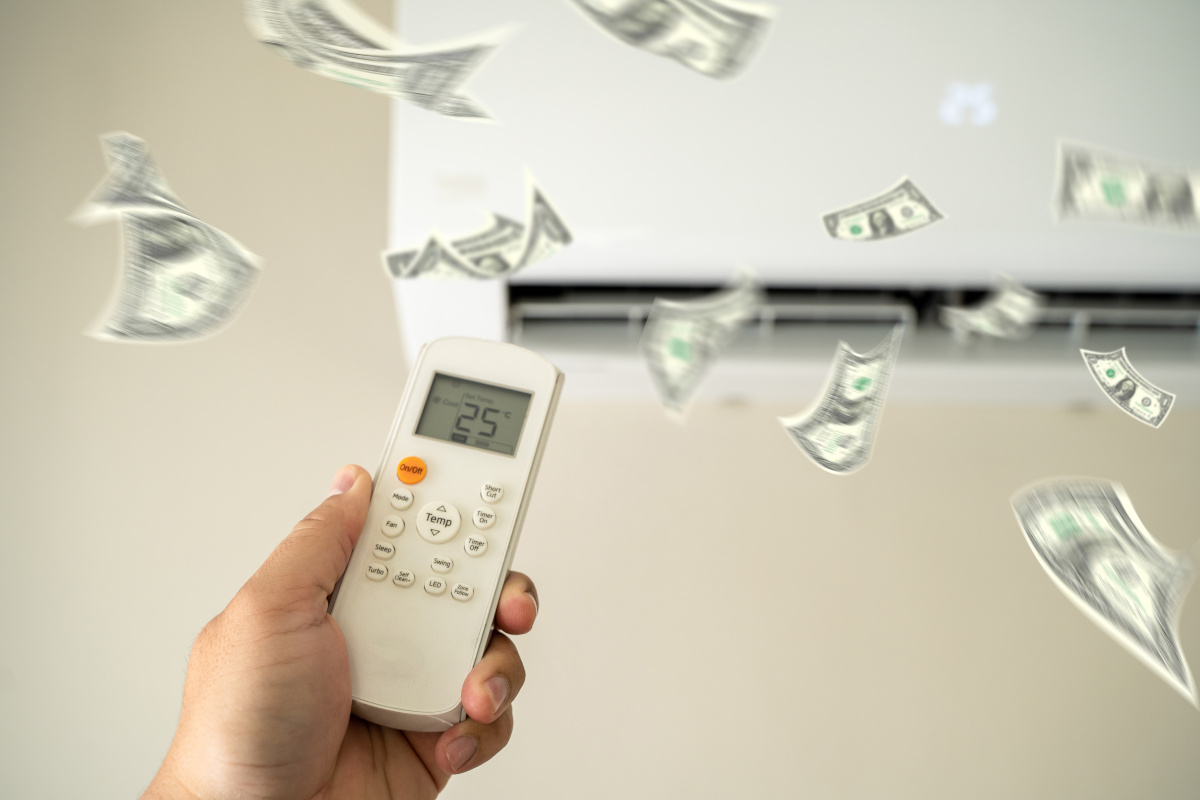With the arrival of hot weather in various regions of the world, the use of AC becomes a necessity to maintain a comfortable environment in homes. However, improper use can lead to a significant increase in electricity consumption and, consequently, in the electricity bill, without this increase being easily noticeable. Knowing and avoiding common mistakes is essential for optimising energy consumption and enjoying cool air efficiently.
In addition to proper regulation of the appliance, regular maintenance and combination with other systems, such as fans, can make a big difference. Controlling these factors not only contributes to savings, but also improves comfort and health in homes during the hottest months of the year.
Excessive temperature adjustment
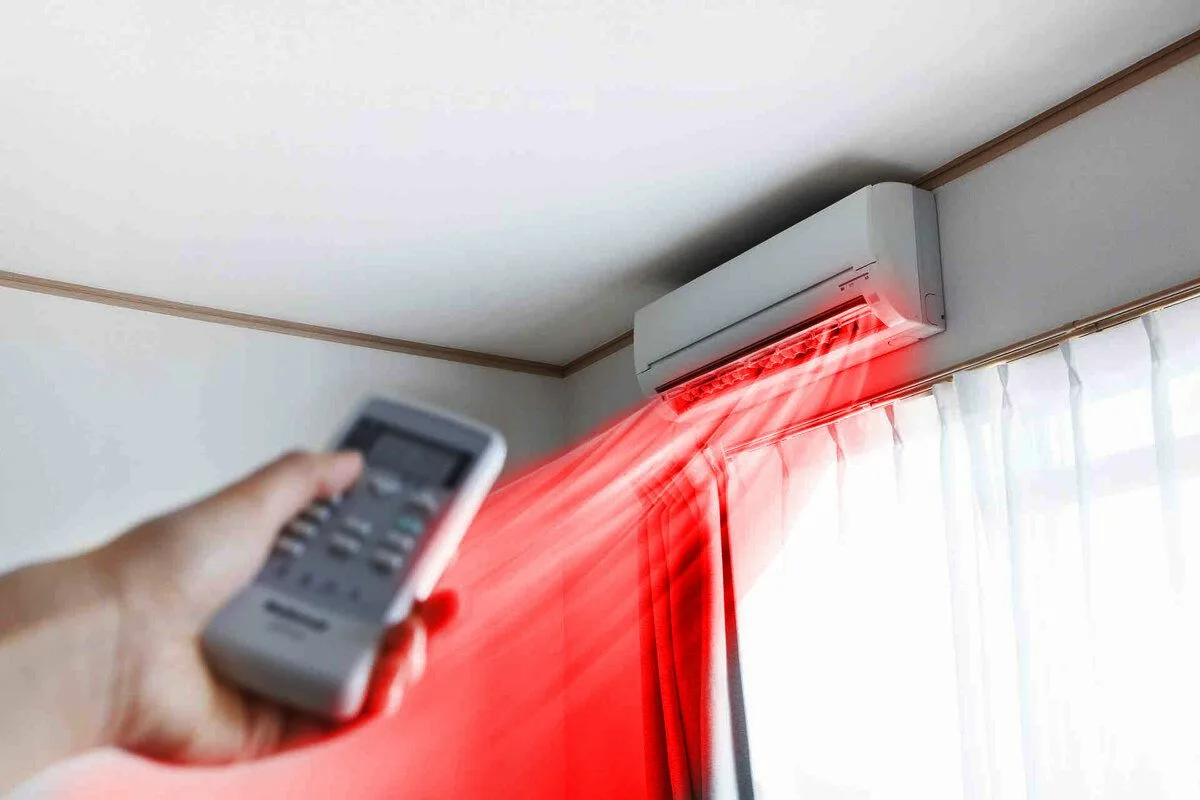
One of the most common mistakes is setting the air conditioner to too low a temperature, such as 18 °C, with the intention of cooling the room quickly. This setting does not speed up the process, as the unit takes the same amount of time to reach a comfortable temperature, for example, 24 °C. However, by setting the temperature too low, the system will continue to work unnecessarily to reach that value, increasing electricity consumption. In fact, each additional degree of cooling can increase the bill by at least 7%.
For this reason, the Organisation of Consumers and Users (OCU) recommends maintaining a reasonable difference with the outside temperature, ideally a reduction of 8 degrees, to balance comfort with savings. In addition, the use of functions such as ‘Turbo’ or ‘Power cool’ allows rapid cooling without the need to permanently lower the temperature.
Filter maintenance and cleaning
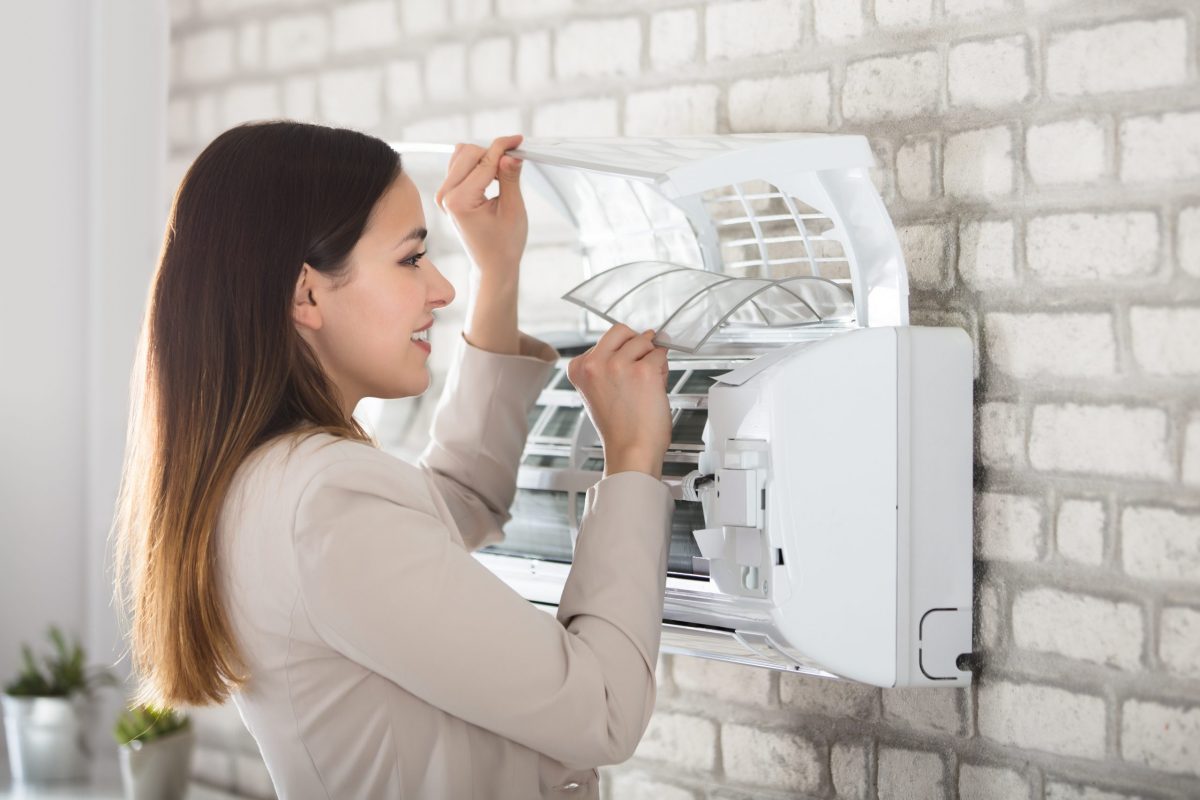
Proper maintenance of the appliance is crucial for its correct operation. According to the OCU, dirty filters hinder air circulation, forcing the compressor to work harder and increasing energy consumption by between 5% and 15%. Clogged filters can also affect indoor air quality and cause health problems. It is therefore advisable to clean or replace the filters regularly, preferably before the peak season, to ensure optimum performance and a healthy environment.
Use of fans
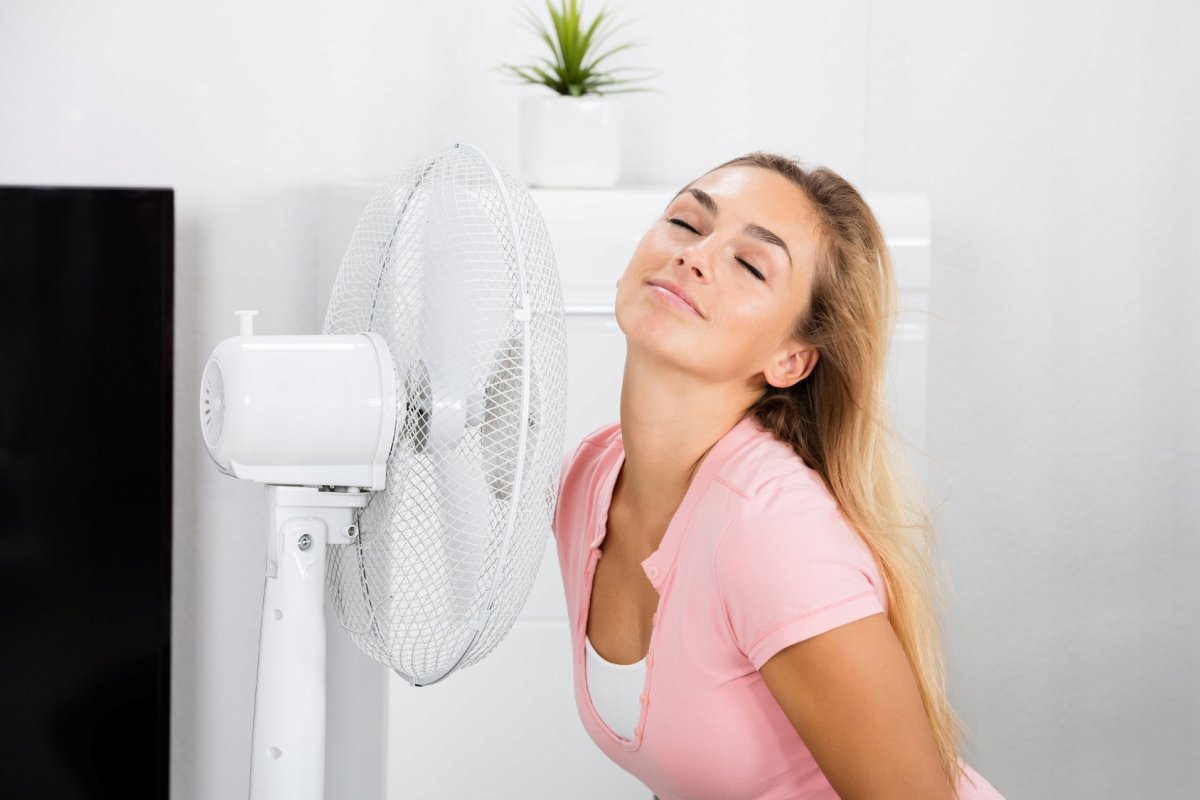
Although fans do not cool the air, they help to improve the thermal sensation by promoting the evaporation of sweat from the skin. Experts point out that using them in combination with air conditioning allows the thermostat temperature to be raised slightly, which reduces electricity consumption.
Ceiling fans, in particular, help to distribute cool air evenly, making the environment feel cooler without the need for such intense cooling. They are also more economical to buy and run, making them an efficient alternative for reducing dependence on AC.
Preventing hot air leaks
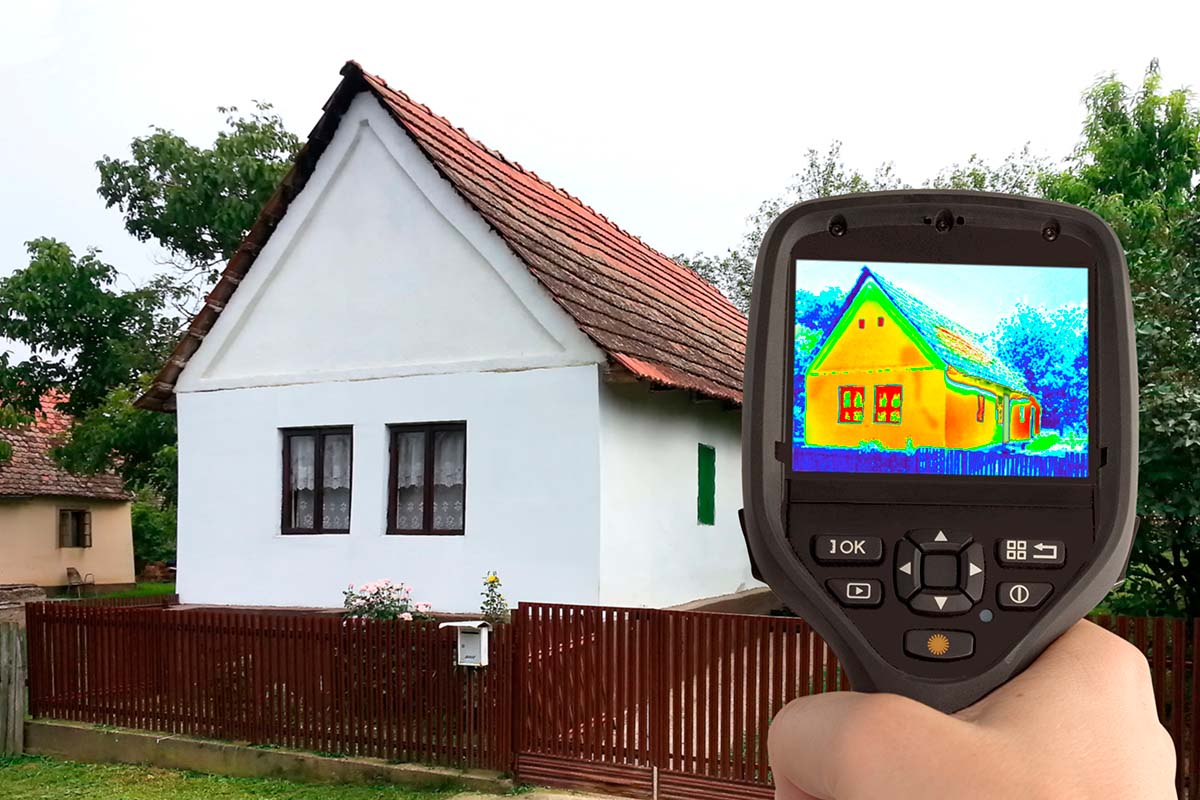
To optimise the performance of air conditioning, it is important to properly seal doors and windows to prevent cold air from escaping and outside heat from entering. Air leaks increase the workload of the system, which raises energy consumption.
Simple solutions, such as installing weatherstripping or temporarily using towels to block draughts, can significantly improve efficiency. In the long term, investing in thermal insulation for your home is one of the best ways to reduce energy loss, and there are grants and subsidies available to help with these renovations.
Use of heat-generating appliances
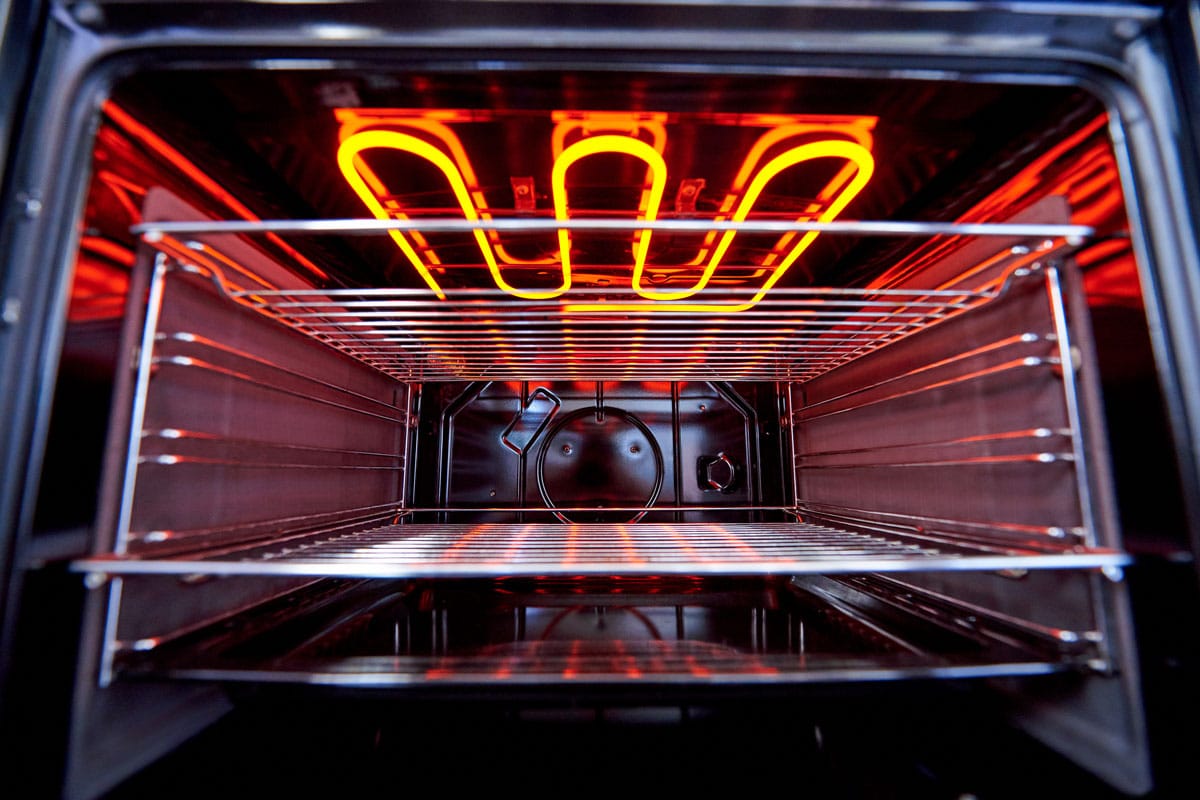
The simultaneous use of heat-emitting appliances, such as ovens, tumble dryers or irons, while the air conditioning is running, forces the system to work harder to maintain the desired temperature.
To avoid this, it is recommended to use these appliances at times when there is less solar radiation, such as at night, or to replace them with more efficient alternatives, such as air fryers, which emit less heat in the kitchen and help reduce energy consumption.

